20+ Home Remedies that Actually Work – Some are Kinda Weird

Make sure to like Living Green and Frugally on Facebook, Shop at Amazon to help support my site and explore our PINTEREST BOARDS for innovative ways you can become self-sufficient.
Let’s face it: when it comes to home remedies, everyone has an opinion. Some swear by grandma’s old concoctions, while others dismiss them as pure nonsense. But here’s the thing—many of these remedies do work, and some have even been backed by science. Whether you’re looking for a quick fix for a headache, a natural way to whiten your teeth, or a trick to keep pests at bay, this post has got you covered.
Some of these remedies may seem a little strange (onion socks, anyone?), but don’t knock them until you try them! Below, you’ll find a detailed guide on how to make them work, why they’re effective, and tips to maximize their benefits.
Why Use Home Remedies?
Home remedies aren’t just about saving money, although that’s a huge bonus. They’re also a way to take control of your health and home with simple, natural ingredients. Many modern medications and products are based on compounds found in nature, so why not go straight to the source? Plus, you’ll often avoid harsh chemicals and side effects.
20+ Home Remedies That Actually Work
1. Honey for Sore Throats
- How: Stir 1-2 teaspoons of honey into warm water or tea. Sip slowly.
- Why it Works: Honey is a natural humectant and antibacterial agent that soothes inflamed tissues and fights infections.
- Tip: Add a squeeze of lemon for extra vitamin C.
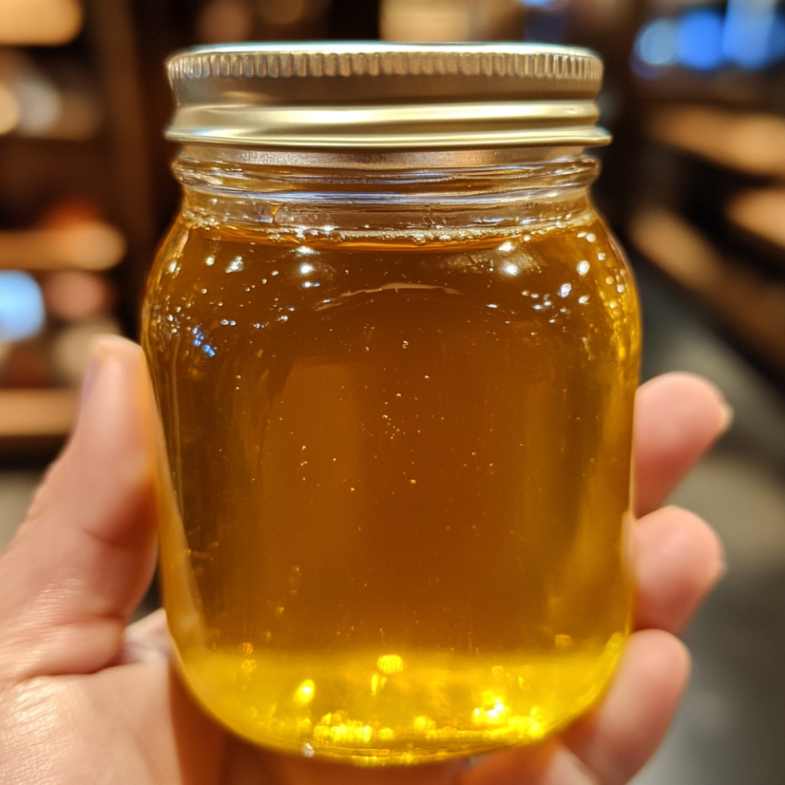
2. Onion Slices for Fevers
- How: Place thin onion slices on the soles of your feet and cover with socks overnight.
- Why it Works: This old remedy is believed to draw toxins and heat from the body, though results may vary.
- Tip: Use organic onions to avoid pesticide exposure.
3. Apple Cider Vinegar for Heartburn
- How: Mix 1 tablespoon of apple cider vinegar with 8 oz of water and drink before meals.
- Why it Works: ACV balances stomach acid levels, aiding digestion and reducing acid reflux.
- Common Question: Won’t vinegar make it worse? Surprisingly, heartburn often occurs due to low stomach acid.

4. Cucumber Slices for Puffy Eyes
- How: Place chilled cucumber slices over closed eyes for 10 minutes.
- Why it Works: The cooling effect and antioxidants reduce inflammation.
- Tip: For a quicker fix, try chilled tea bags (green or chamomile).
5. Vicks VapoRub for Foot Fungus
- How: Apply a small amount of VapoRub to the affected area daily.
- Why it Works: Ingredients like eucalyptus and menthol have antifungal properties.
- Tip: Be consistent—it can take a few weeks to see results.
6. Yogurt for Sunburn Relief
- How: Apply plain yogurt to the sunburned area and let it sit for 15-20 minutes before rinsing.
- Why it Works: The probiotics and lactic acid help cool and repair damaged skin.
- Tip: Always use full-fat, unsweetened yogurt.
7. Coconut Oil for Dry Hair
- How: Massage a small amount into your hair and leave it on for at least an hour (or overnight). Shampoo thoroughly.
- Why it Works: Coconut oil penetrates the hair shaft to deeply moisturize and reduce protein loss.
- Tip: Avoid over-applying to avoid a greasy look.
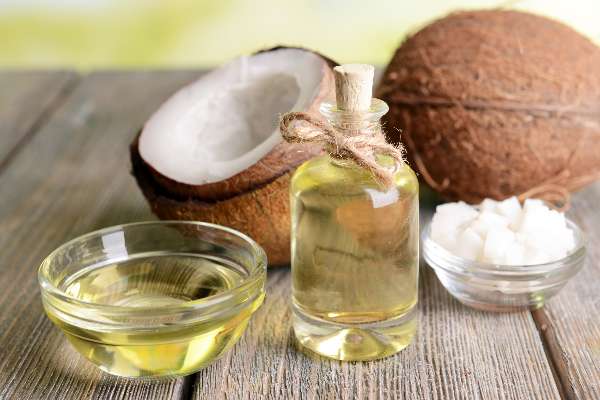
8. Oatmeal for Itchy Skin
- How: Add a cup of finely ground oatmeal to a lukewarm bath and soak for 20 minutes.
- Why it Works: Oatmeal contains compounds that soothe and hydrate irritated skin.
- Common Question: Does it have to be oatmeal? Yes—instant oatmeal isn’t as effective.
9. Baking Soda for Teeth Whitening
- How: Mix a small amount with water or toothpaste and gently brush your teeth.
- Why it Works: Baking soda is mildly abrasive and removes surface stains.
- Tip: Don’t use it more than once or twice a week to avoid damaging enamel.
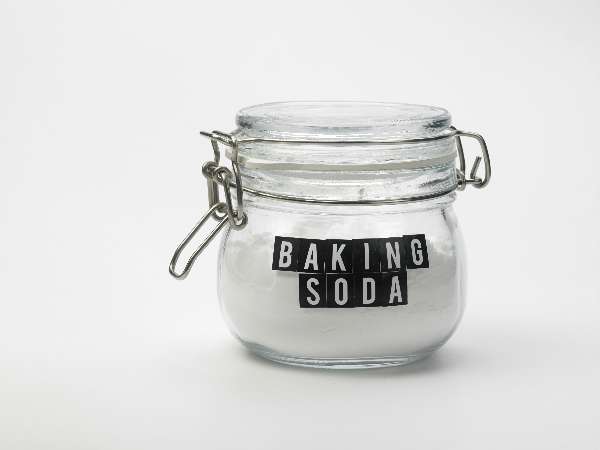
10. Garlic for Ear Infections
- How: Warm a few drops of garlic-infused olive oil and place in the ear with a cotton ball.
- Why it Works: Garlic has natural antimicrobial properties.
- Common Question: Is it safe for kids? Always consult a doctor first.
11. Banana Peel for Warts
- How: Tape the inside of a banana peel over the wart overnight.
- Why it Works: Banana peels contain enzymes that may help dissolve warts.
- Tip: Be patient—it can take weeks to see results.
12. Ginger Tea for Nausea
- How: Boil fresh ginger slices in water for 10 minutes. Add honey or lemon if desired.
- Why it Works: Ginger contains compounds that soothe the stomach and reduce nausea.
- Tip: Keep ginger candies or chews on hand for quick relief on the go.
13. Peppermint Oil for Headaches
- How: Dab a small amount of diluted peppermint oil on your temples or neck.
- Why it Works: Peppermint oil has a cooling effect and can relax muscle tension.
- Tip: Always dilute essential oils with a carrier oil to avoid skin irritation.
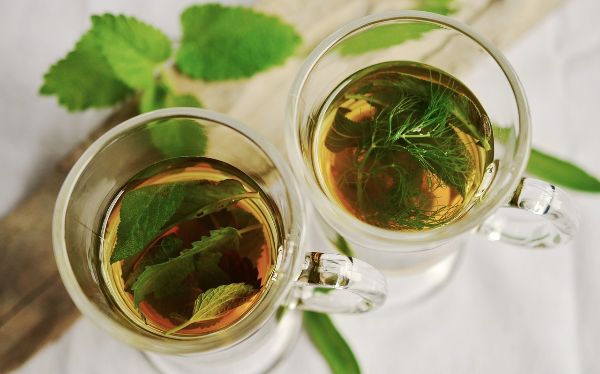
14. Black Tea Bags for Razor Burn
- How: Wet a black tea bag and rub it gently over the irritated area.
- Why it Works: The tannins in tea reduce inflammation and soothe the skin.
- Tip: Chill the tea bag in the fridge first for extra cooling relief.
15. White Vinegar for Dandruff
- How: Rinse your scalp with a mix of 1 part vinegar to 2 parts water.
- Why it Works: The acidity of vinegar helps restore scalp pH and fights dandruff-causing fungus.
- Tip: Use apple cider vinegar for a milder scent.
16. Epsom Salt for Sore Muscles
- How: Add 1-2 cups of Epsom salt to a warm bath and soak for 20 minutes.
- Why it Works: Epsom salt contains magnesium, which helps relax muscles and reduce inflammation.
- Tip: Pair it with lavender essential oil for ultimate relaxation.

17. Clove Oil for Toothaches
- How: Dab a drop of clove oil on a cotton ball and apply to the affected tooth.
- Why it Works: Clove oil is a natural anesthetic and antibacterial agent.
- Common Question: Is it safe? Yes, but only in small amounts and not for extended use.
18. Cornstarch for Chafing
- How: Dust cornstarch onto the chafed area to reduce friction and absorb moisture.
- Why it Works: Cornstarch keeps the area dry and soothes irritation.
- Tip: Use sparingly to avoid clumping in sweaty areas.
19. Lemon Juice for Greasy Hair
- How: Mix the juice of one lemon with a cup of water and rinse your hair.
- Why it Works: The acidity of lemon juice cuts through grease and restores shine.
- Tip: Avoid overuse, as lemon juice can dry out your hair over time.

20. Salt Water Gargle for Canker Sores
- How: Dissolve 1 teaspoon of salt in warm water and gargle for 30 seconds.
- Why it Works: Salt water reduces inflammation and promotes healing.
- Tip: Repeat 2-3 times daily for best results.
21. Rice Sock for Muscle Pain
- How: Fill a clean sock with uncooked rice, tie it off, and microwave for 1-2 minutes.
- Why it Works: The heated rice provides moist heat to soothe sore muscles.
- Tip: Add a few drops of essential oil for aromatherapy benefits.
22. Olive Oil for Cracked Heels
- How: Massage olive oil into your heels before bed and wear socks overnight.
- Why it Works: Olive oil is deeply moisturizing and helps repair cracked skin.
- Tip: For extra exfoliation, scrub with a pumice stone first.
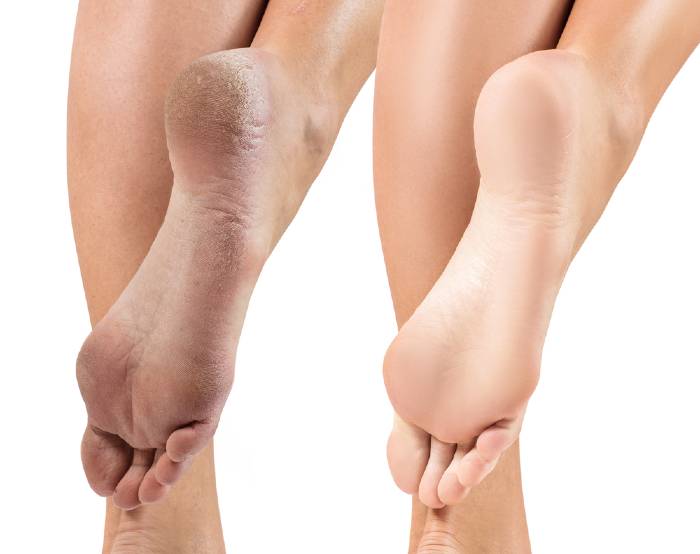
Weird But Effective Remedies
Here are some of the stranger remedies that surprisingly work:
- Potatoes for Splinters: Tape a raw potato slice over the splinter to help draw it out.
- Mustard for Burns: Apply mustard to minor burns to reduce pain and prevent blisters.
- Club Soda for Stains: Blot stains with club soda to lift them out of fabric.
Tips for Success with Home Remedies
- Be Consistent: Most remedies take time to show results. Don’t give up after one try!
- Patch Test First: Especially for skin remedies, test a small area to avoid reactions.
- Know When to Stop: If a remedy isn’t working or causes irritation, discontinue use.
FAQs About Home Remedies
Q: Are these remedies safe for everyone?
A: While many are safe for most people, certain remedies (like garlic oil for ears) require extra caution. Always consult a healthcare provider for serious issues.
Q: Can I use expired ingredients?
A: Stick to fresh ingredients whenever possible, as potency decreases over time.
Q: Do these remedies replace medical treatments?
A: No, home remedies are complementary and should not replace professional advice for serious conditions.
Final Thoughts
Home remedies are a wonderful blend of old-world wisdom and natural solutions, but they aren’t one-size-fits-all. Experiment with what works for you, and don’t be afraid to try something new—even if it’s a little weird. You might just discover your new favorite trick!
What’s your go-to home remedy? Share it in the comments—I’d love to hear your stories!